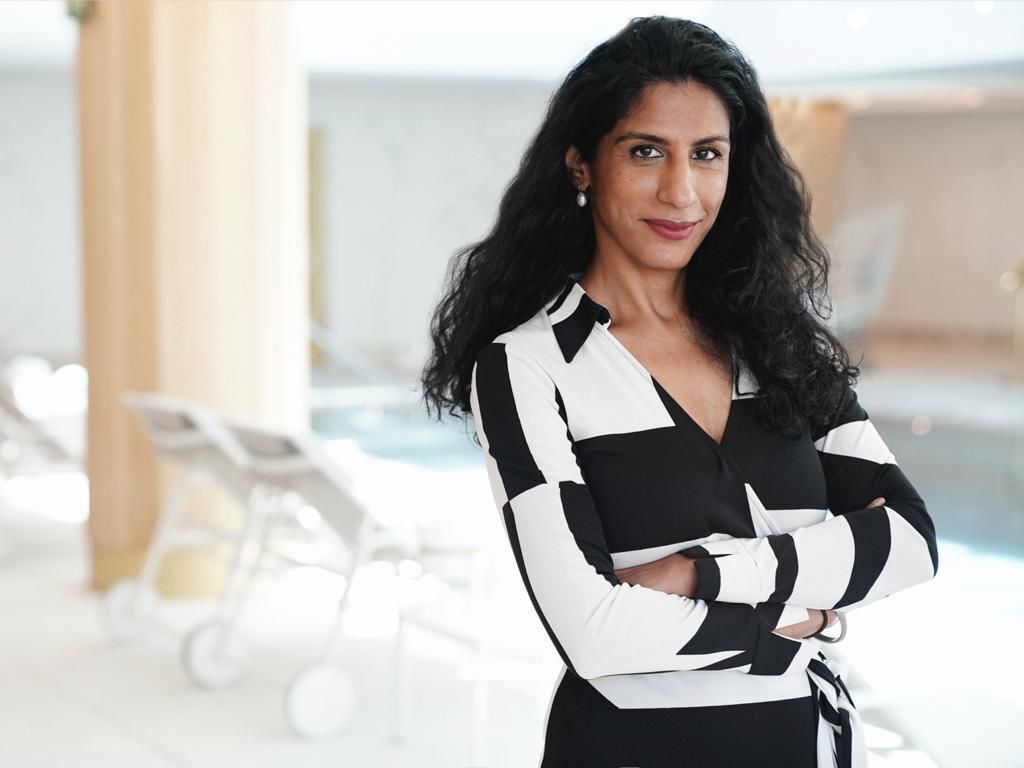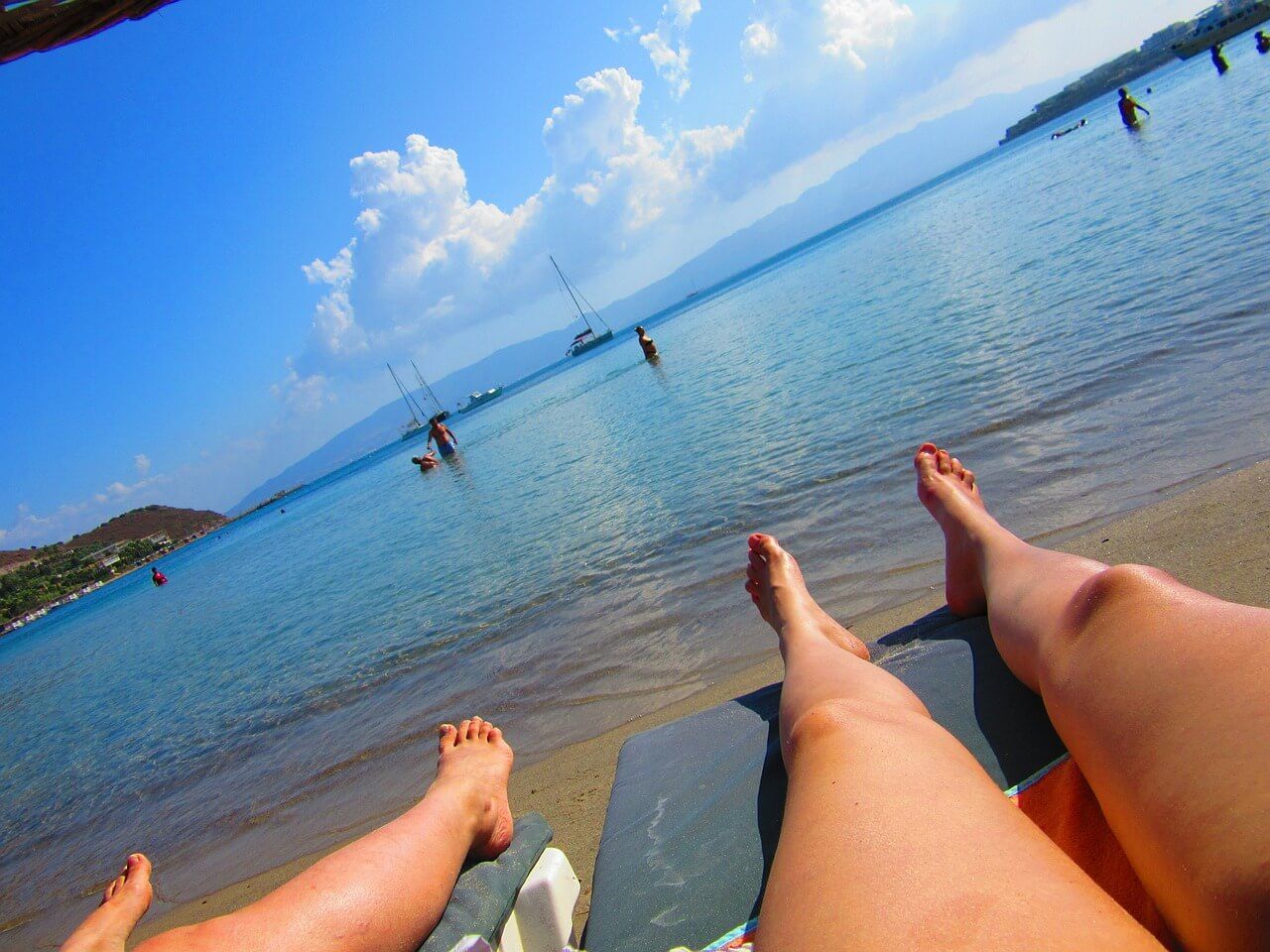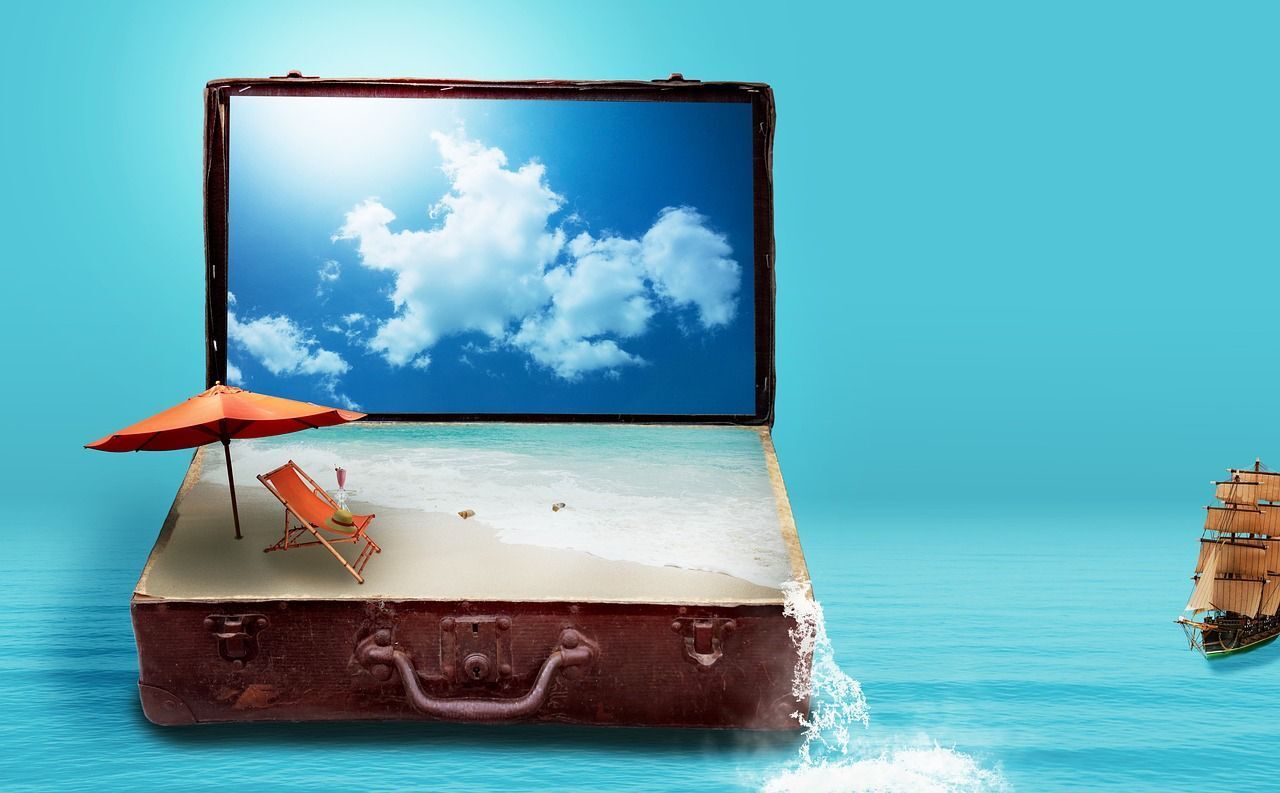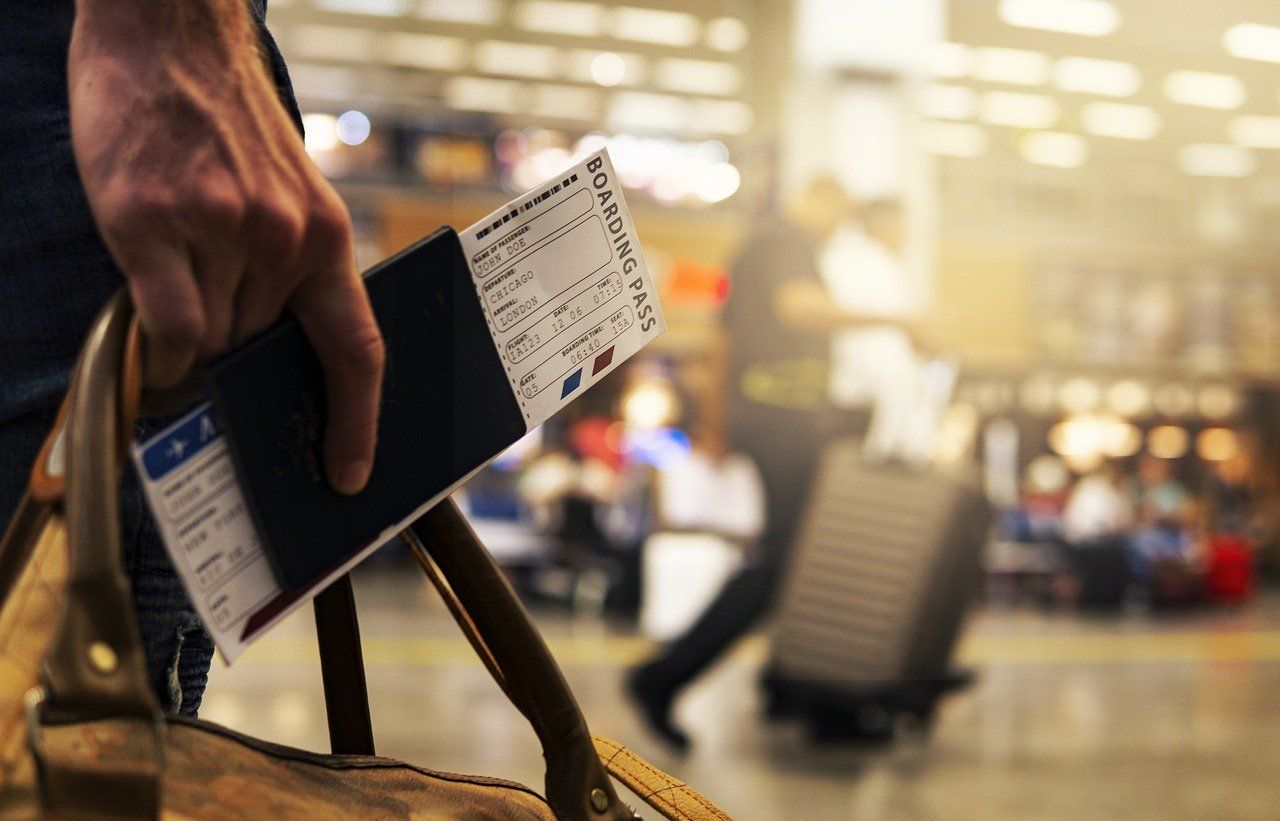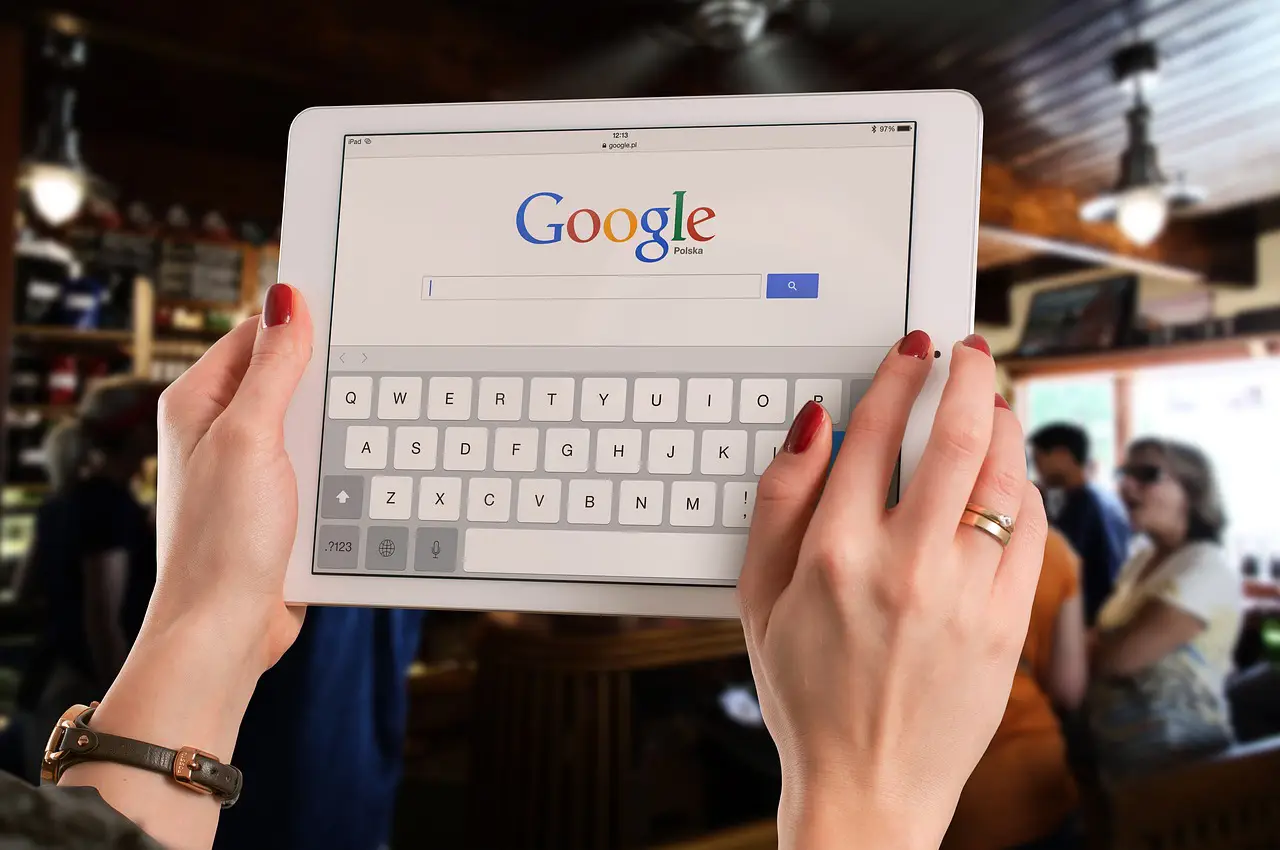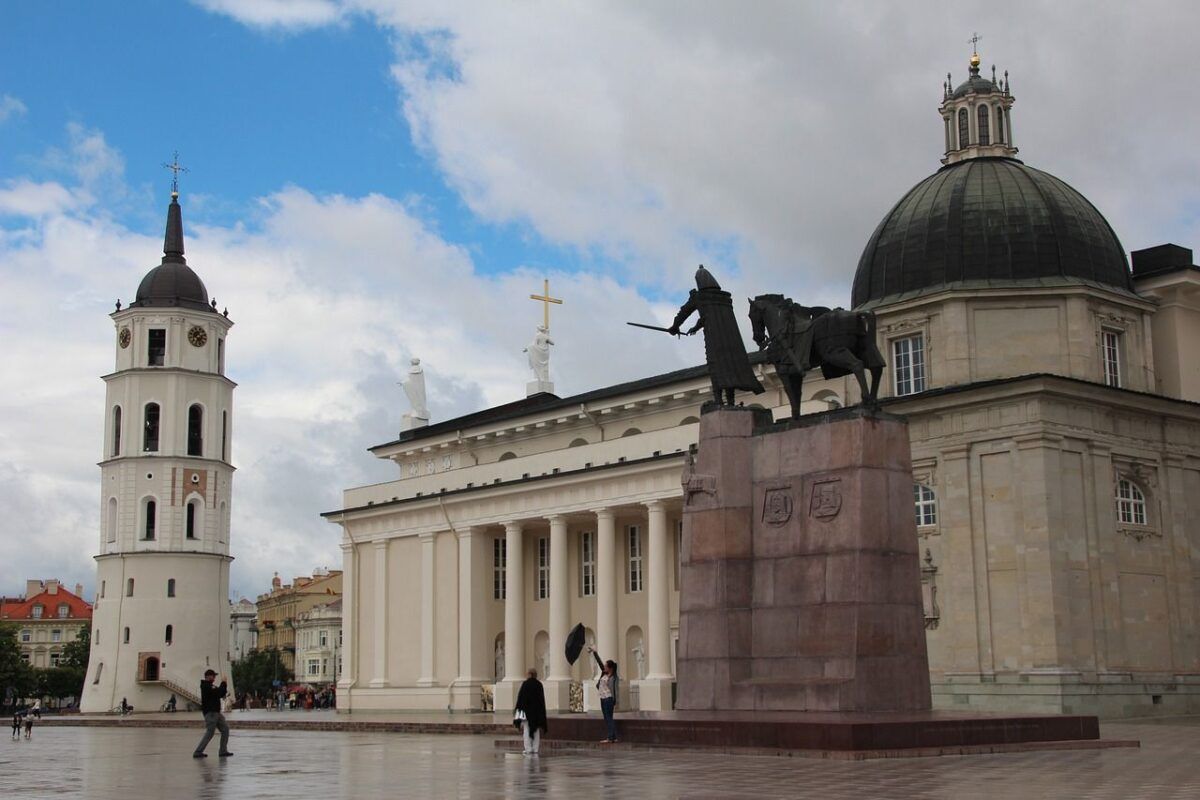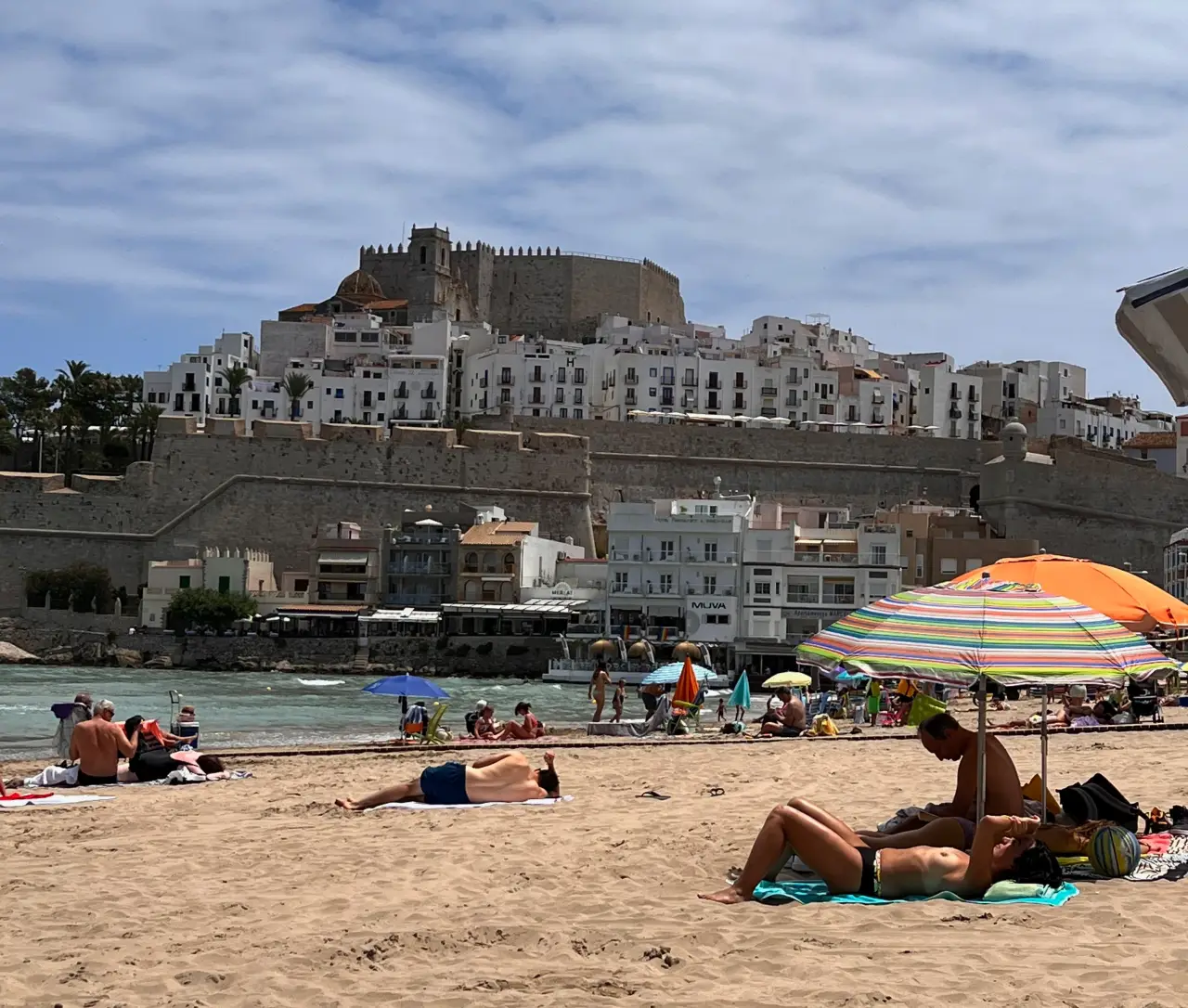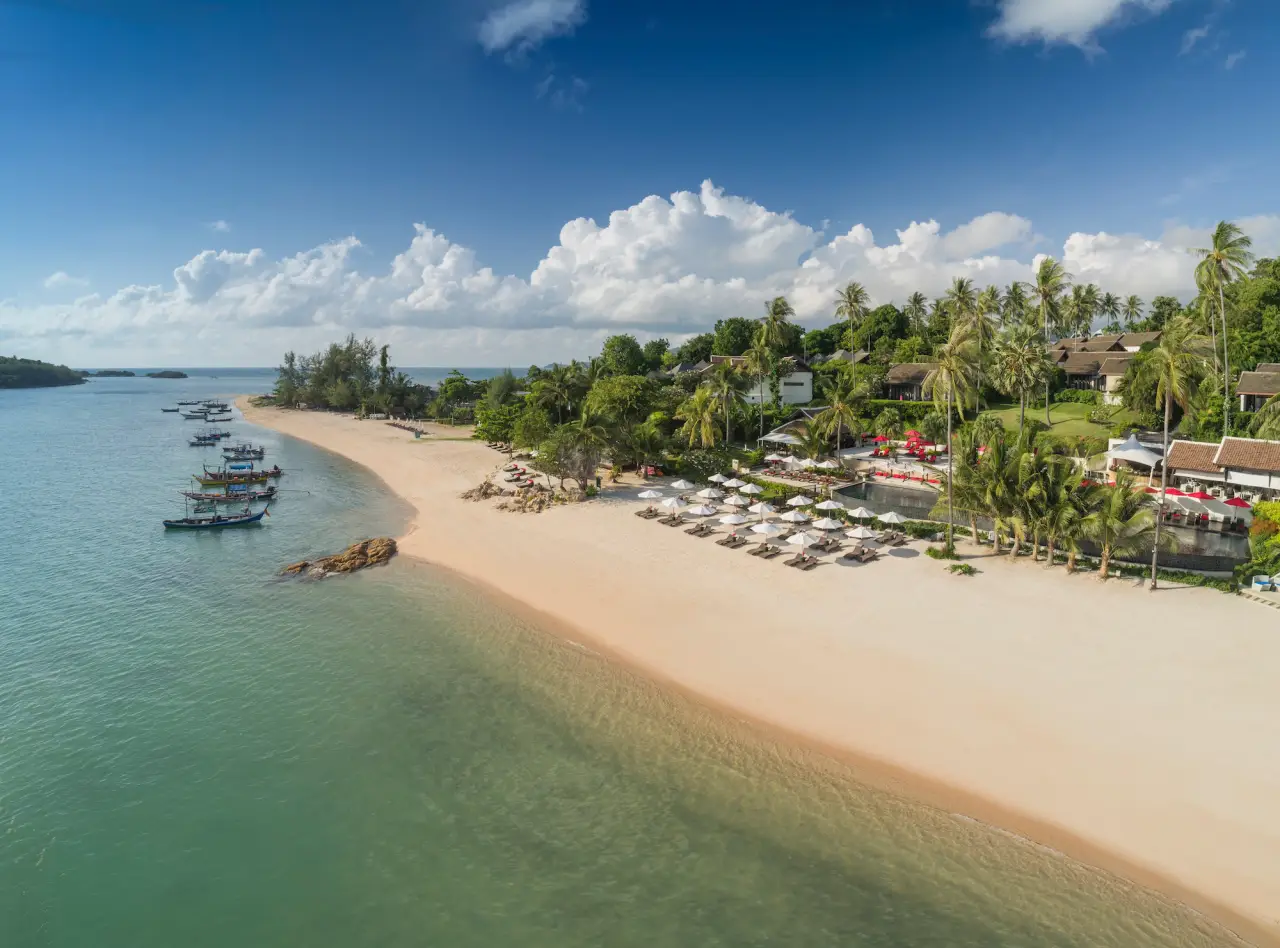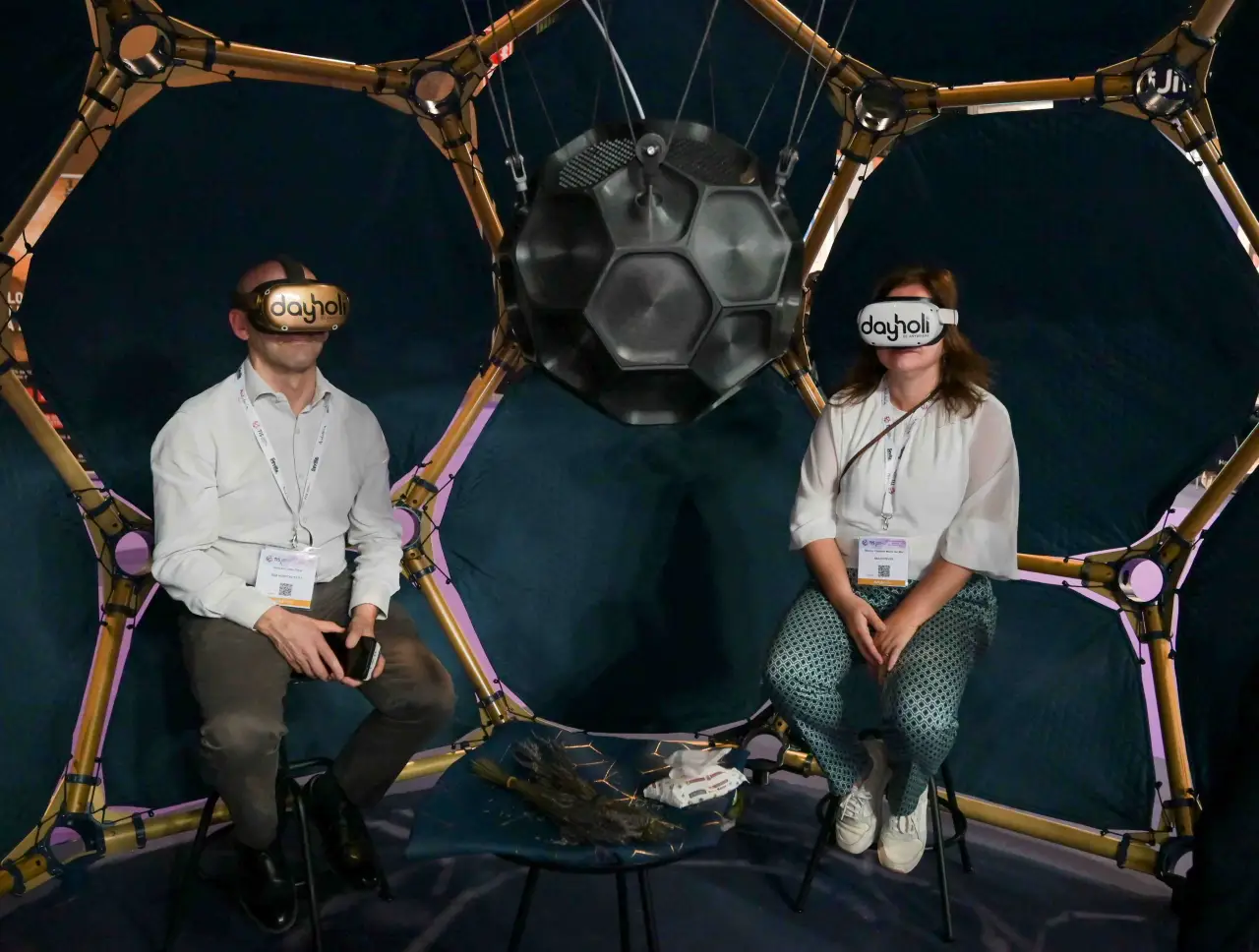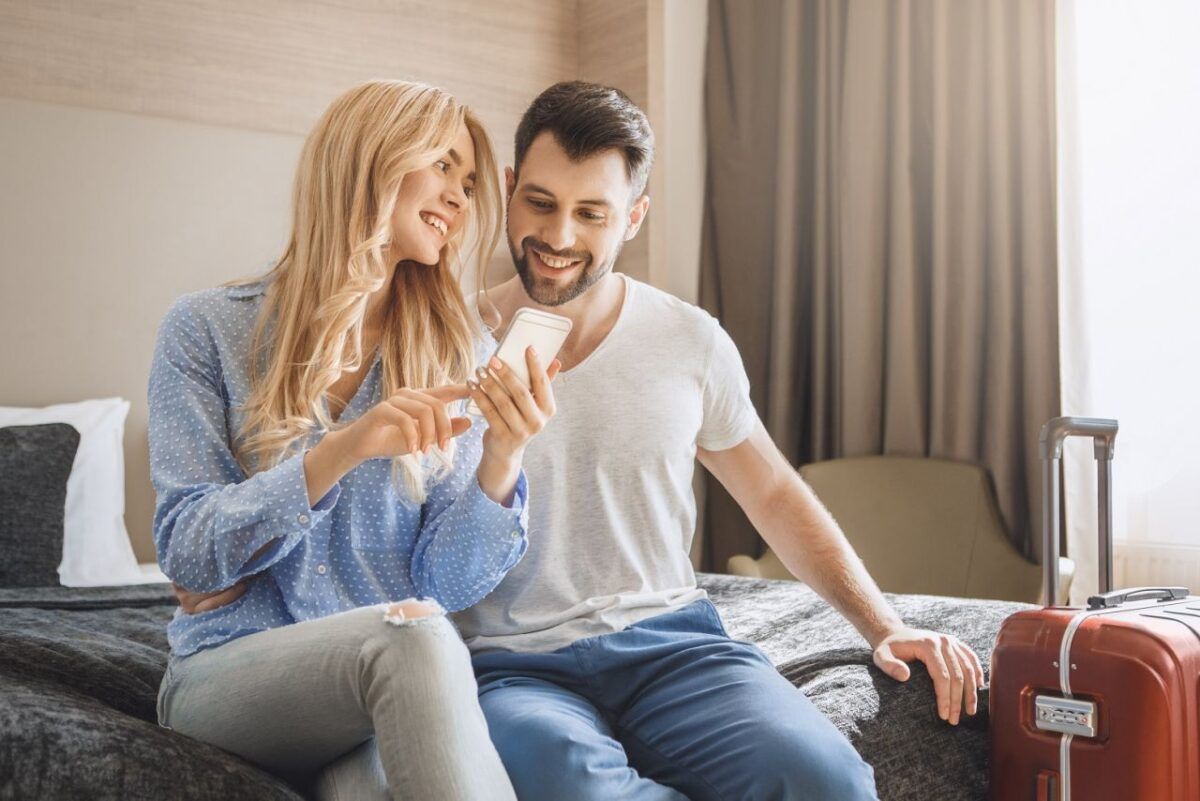FTNnews talked about the wellness tourism market with Sonal Uberoi who reveals the Spa and Wellness Trends for 2023.
FTNnews: Could you please tell us who is Sonal Uberoi?
I am a global wellness expert and the founder of Spa Balance, a boutique consultancy specialising in wellness concepts for luxury hotels.
I am the author of the best-seller The Wellness Asset: How to Transform and Futureproof your Hotel as well as the ebook How to Open a Smart Spa, a comprehensive guide on the intricacies of opening a spa. I am also the host of the Wellness in Hospitality interview series where I have interviewed more than 80 hoteliers worldwide. I have deep knowledge and insight of the wellness industry gained from over 15 years of experience of having worked on 40+ projects in 20+ countries and four continents. What makes me unique is my finance background from Goldman Sachs and a cross-disciplinary skill set combined with worldwide experience so I can be an expert in business optimisation solutions. My clients include the award-winning Abadia Retuerta LeDomaine, SHA Clinic’s urban wellness concept Esenza by SHA, Natura Bissé, Indiba, Sofitel Luxury Hotels and Meliá Hotels International.
Over the last 15 years, Spa Balance has worked with private owners of unique properties to help them create the legacy they want to want and make the impact they want to their people, their guests, their community and their environment for generations to come. The boutique consultancy helps hotels tap into the full potential of their wellness offering and bring in a more discerning guest, build a loyal and committed customer base, attract and retain quality talent and increase profitability, without breaking budget.
FTNnews: How should hotels and resorts operate a Spa & Wellness Center?
They should do it by integrating it into everything. There are seven key stages needed to make wellness work, irrespective of the type, size and segment of a hotel. And you can do it with the ESSENCE model.
- Expectation, is about creating the perfect wellness concept for your particular property. It is about being certain you have the right, most profitable and practical wellness concept that you can present to your stakeholders with confidence.
- In Story, we focus on your guest’s side of the wellness concept – what your ideal guest will feel in your hotel as they go through their wellness journey. It is about how to successfully solve your guests’ wellbeing problems. Because ultimately, they buy to solve a problem they have. It’s about putting yourself in their shoes and feeling the whole experience as they would feel it. In other words, it’s their story, not yours.
- System, is about creating your special way of wellness that differentiates you from the rest. It is about creating the framework of your wellness concept, the foundation upon which you begin the implementation process.
- Execution is about how to pull the right team together that is willing and able to do wellness the way you want them to.
- Navigation enables you to stay on track with your big picture goals, saving you thousands of dollars in expensive mistakes. It is about course correction and nudging your operations back on track. Even when we have the right systems and people in place, the daily grind of operations tends to throw us off course.
- Consistency focus on how to ensure your team consistently delivers landmark experiences to your guests. It is about searching for patterns of mistakes and failures in your day-to-day operations and putting the necessary checks in place to foolproof your processes.
- Engagement, is the icing on the cake that sets your hotel apart from the rest. It keeps you one step ahead of your competitors. It is about how to build a loyal and committed customer base that happily leaves rave reviews about your hotel, saving you thousands in marketing spend.
Wellness in hospitality is a smart business decision. Done well it can reap rewards in short and long term. This means it requires practical considerations, from financing to resourcing to staffing. So hotels should make it part of their strategy, from start to end.
FTNnews: How Covid-19 Pandemic impacted the global wellness tourism market and what can you tell us about the post-pandemic?
The Covid-19 pandemic upended the world – and with it the travel industry. As the world’s borders were closed, along with them hotels shut their doors, hospitality providers were unable to function, and travel was grounded.
The result has been a shift in the industry and among travellers – but thinking about wellness can help us get back on track.
- Travel providers now offer more flexible booking options, such as free cancellations and changes, to accommodate the uncertainties that come with a global crisis. But this flexibility shouldn’t be restricted to crises. Showing an understanding of your customer is key to wellness, as it demonstrates a commitment to holistic and all round care.
- The pandemic accelerated the industry’s digital transformation, making it crucial for businesses to invest in technology, online platforms, and contactless services to ensure seamless customer experiences. Make your audiences experience wellness right from their first moment browsing through carefully curated copy and creativity that shares your ethos and showcases how people will feel when they enter your doors. Think calm, at ease, and switched off. Through values-based messaging, invest in creating that tribe of guests who want to be part of your brand.
- Enhanced cleaning protocols, social distancing, and other health measures have become standard practices. Travel providers must prioritize the health and safety of their customers and staff. People expect the highest standards – and standards are essential to wellness.
- Clear and timely communication between travel providers and customers is essential to maintain trust and loyalty during crises. Transparency in policies, pricing, and safety measures is also important. A key part of wellness is respect – treat your customers as people who you want to engage with, and respect them.
- Good travel companies kept their employees on when it would have been easy to make cuts – and have been rewarded by their loyalty. A central tenet of the wellness model is the importance of treating staff well. They are your biggest asset and a healthy workforce creates not only a functioning business, but is vital to a thriving one. The wellness of your teams is so important, as it’s only happy and healthy people who can create an experience where guests also feel happy and healthy. Consider how each person fits into your model for wellness, invest in their training and support, and build a culture where wellness is embedded in everything you do.
- The pandemic shed light on the environmental impact of the travel industry, leading to a shift toward more sustainable and responsible tourism practices. Make sure that you also treat your environment well, minimise waste, and encourage your guests to do the same. Think about how to reduce waste in operations, design, redesign, and how you can give back to people, community, environment and guests by considering wellbeing at every stage of the journey.
- To reduce risks, travel providers have begun to diversify their offerings. Connect with other suppliers in area – local food, wineries, running tours – and make people feel that by coming to you they get more than just a bed.
- Travelers now expect more personalized experiences, and travel providers must adapt by offering tailored services and products. We are actively catering to multiple generations, so a cookie cutter approach won’t work. And people want to feel unique, special, like their experience is one of a kind. Through wellness hotels can use their tools that help us cater to the diverse wellbeing goals and lifestyles of guests.
- As international travel stalled people learned the art of exploring their local area through what has become known as a staycation. Make yourself a go to destination for local people who need a break, as well as international tourists. Success comes from broadening your audience profile, without diluting your brand. There will be people in your city, county, country who want to experience what you have to offer, so tailor your marketing to them.
FTNnews: What are the Spa and Wellness Trends for 2023?
I see this year as the year the intangible becomes the new tangible – with employee wellbeing, mental health awareness, transformative experiences, community and ecosystems becoming the new currency we measure our business success
- Genuine care for the wellbeing of our employees – employee wellbeing is now a must to have in order to attract and retain talent, and it has to be genuine, it can’t be something that has been added on.We’re a people’s business, if we don’t have people, we basically don’t have a business
- Hyper-personalisation will be key as we realiise one-size-doesn’t-fit-all. We are experiencing a population mushroom in the western world, where we are catering to 5 decades of the population (people in their 20s to their 70s) who are actively contributing to the economy. Each of these decades come with their own personal wellbeing needs and goals. How do we successfully cater to these 5 decades of the population? Through hyperpersonalisation. Hyperpersonalisation became a trendy word a few years ago, I now say it is fundamental part of our success if we are to survive in today multi-generational and diverse world. Through wellness we cater to unique needs wants and desires in a bespoke and tailored way.
- Today’s guests want more than a beautiful room, lovely facilities and great dining experiences – they want experiences that transform them in some shape, way or form. And, they want these experiences to be fun, fast and easy (fuss-free). We’re now seeing more and more hotels look beyond the in-house physical experience of the guest, and they are focusing on the all-defining pre- and post- stay experiences. And they are more creative in their offering – it is hybrid of in-person and remote/ virtual experiences. We need to create transformative experiences that are easy to access
- Community and a sense of belonging will be essential. Today’s guests want more than an isolated experience. People are yearning for community and human interaction – they want to be part of a tribe that shares their same values. We’re seeing hotels actively participate in their community, not only forming part of the community but also allowing the community to be part of their story (Birch Community is a great example where they no longer call themselves a hotel, but a community).
- As Daniel Priestley says, “Products don’t make money. Product ecosystems make money” – Daniel Priestley. Strength lies in wholes. It is not the individual product or offering that makes money, it is the entire ecosystem. Focusing on one individual doesn’t lead to success in wellness – we are part of a much bigger picture and wellness is the mesh that holds the entire mesh in place. Think about the whole business and what you need for success.

